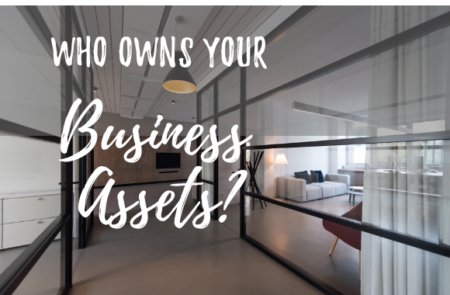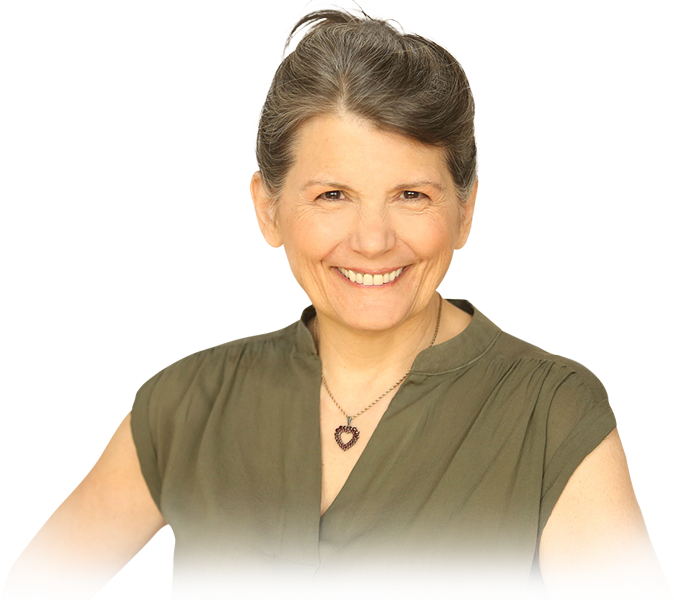Don’t you wish you could find someone would help you build your business?
 Like, maybe a landlord who had a studio for private sessions, a limitless space where you could teach ever-expanding classes, private conference rooms for individual needs and space to show up with all the visibility you can create? And wouldn’t it be awesome if maintenance, the latest building upgrades and trash service were included in the low monthly rent of … absolutely zero?
Like, maybe a landlord who had a studio for private sessions, a limitless space where you could teach ever-expanding classes, private conference rooms for individual needs and space to show up with all the visibility you can create? And wouldn’t it be awesome if maintenance, the latest building upgrades and trash service were included in the low monthly rent of … absolutely zero?
That’s right — this landlord is so supportive of your vision that it’s rent-free!
It sounds like a dream, doesn’t it? Well, it might surprise you to realize that lots of people are building their business in a space like that –and for a friend of mine, that dream turned into a nightmare recently.
See, that free business-building space is called ‘social media.’ And it’s terrific… until something goes wrong — like it did for my friend. Something happened on his account that Facebook didn’t like and just like SNAP! — he disappeared. What the “something” was isn’t really important, nor is the fact that my friend didn’t even do the “thing”– his account had been hijacked.
What IS important is that overnight, he lost everything he’d carefully built over years of hard work. He had thousands of friends, at least as many followers, a group of high-paying coaching clients who relied on him to create a space for community and support. Overnight, his presence went from influential to invisible. And he had no way to get it back.
If you’re like most practitioners I know, on a good day you think about Facebook — and social media in general — as a love-hate relationship. So it might surprise you, given what I just related, that I’m not advocating getting off Facebook — I use it and think there are redeeming aspects to most social platforms.
But you have to remember that they’re not charging you to use it… and yet Facebook is worth $67 billion! Its stock is worth more per share than most practitioners charge for a private session. You’d better believe that means that every decision they make benefits its business, not yours.
So while social media can help your business, it’s not the place to build your business — because you are never going to own that asset. The simple truth is, no matter what safeguards you think you have in place, the content you post can be blocked or removed or in the worse case, can get you banned from the platform… even if it’s not your fault.
And then there’s your website
On the other hand, if you have a website, that’s a completely different thing. You CAN own your website, and you should — though not everyone does. More about that in a sec.
First, I don’t advocate creating a website before you need one — your client base is a more important asset when you are just starting out, and I don’t recommend diverting your attention away from that until it makes sense. However, once the time is right for you to have one, you should not only own your website but also tend it as one of your most valuable assets.
Because really, it’s a 24/7 interactive online business card — the face of your business in the online world and your personal representative whether you’re currently working with a client, sleeping or enjoying the fruits of your business. That’s why you really need to think about where you’re putting it. This is where you are going to stand up and shine as yourself, choose how to portray your practice and decide who you want to appeal to when you write about what’s important to you.
Your website is a business asset and it deserves the same kind of attention you’d give to anything else that’s valuable to your business… things like your table, the lease you signed for your studio, products you may carry, the skeleton you use for teaching purposes, the books and teaching materials you use on a regular basis, and anything else that’s easier to see as an asset because you can reach out and touch it.
And just as it is with those more tangible assets, you should expect to pay something reasonable for the privilege of owning it.
If you’re enticed by the allure of “free and totally easy” you probably don’t have the control you think you have over the asset you’re carefully constructing.
A company that offers free hosting or a free domain name or a zillion free templates is not a charity. Their mission isn’t to build your business. Most platforms like that are publicly traded companies with a value that would make your head spin. They’re not offering you free stuff because they like you and want to support your ideals. They’re doing it because it supports their own business model and ultimately makes them a boatload of money.
If you’re considering — or already using — a platform like that, go to Google and search “[platform name] net worth.” Friendly tip — Don’t do it standing in the kitchen… you don’t want to knock your favorite tea or coffee cup off the counter when the search results show up and startle you!
Bottom line…
Your website is an incredibly valuable asset.
As long as you protect it, nobody can dictate what you talk about, who you attract or how you present yourself.
As long as you remember how valuable it is, it will be an asset no one can shut down or take away from you on a whim because it’s 100% yours.
~~~~~
If you like what you’re reading here, sign up for my regular email updates to make sure you don’t miss anything!

